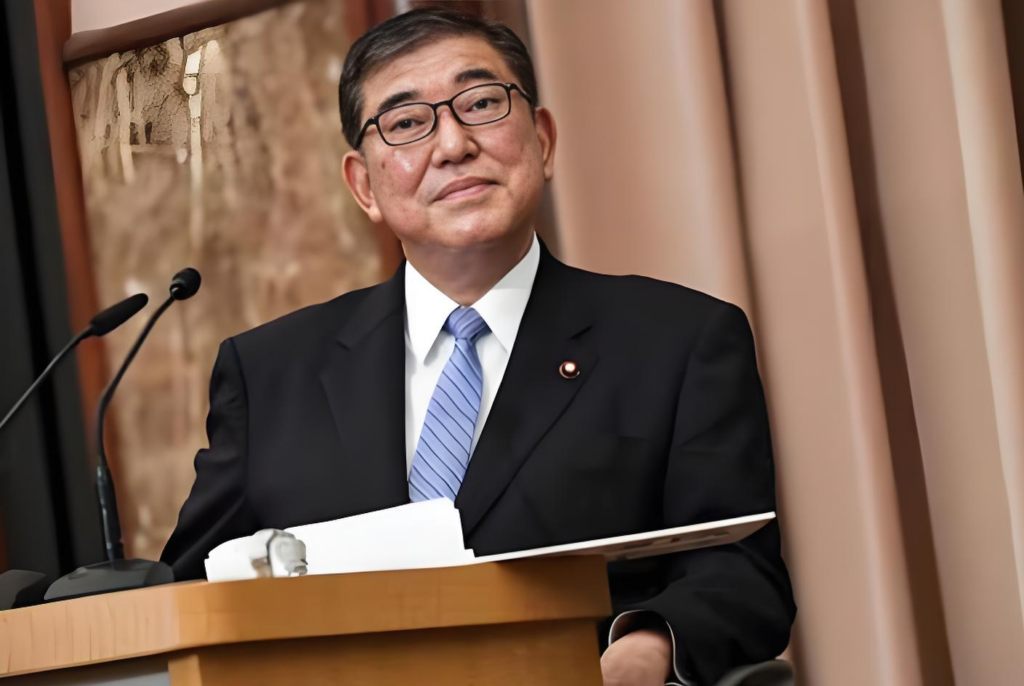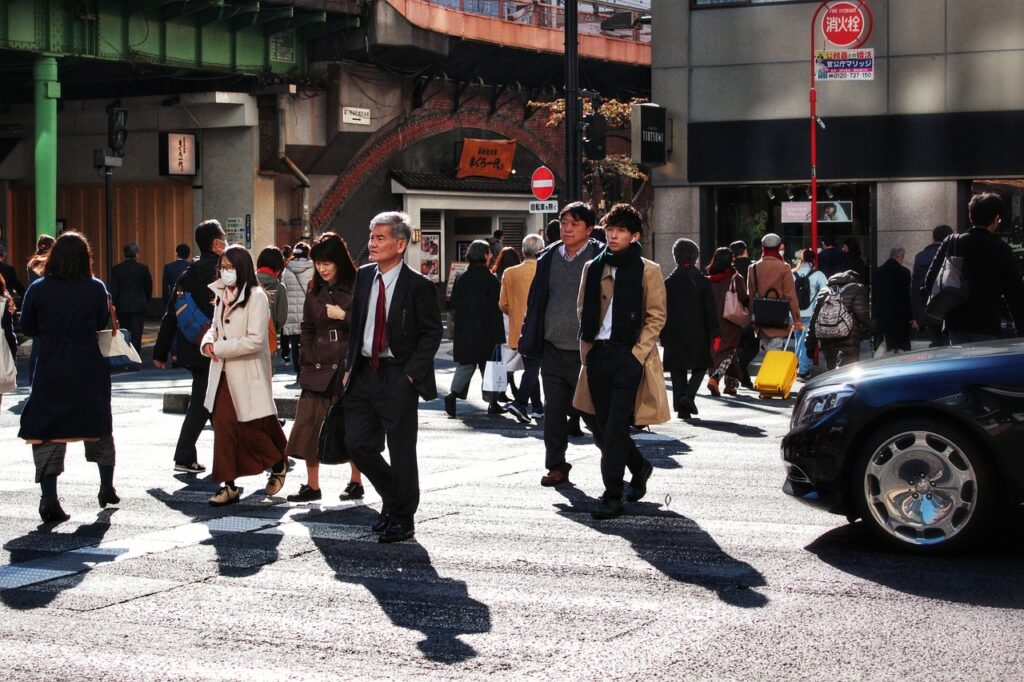On the afternoon of September 27, former LDP Secretary-General Shinzo Abe won the second round of voting in the LDP presidential election, successfully becoming the new president of the party. His election marks a significant shift in Japan’s political landscape, as he will officially take office as Prime Minister on October 1, replacing current Prime Minister Fumio Kishida. This election not only influences the leadership of the LDP but also lays the groundwork for Japan’s future policy direction.

Shinzo Abe’s Political Career
At 67, Shinzo Abe has participated in five LDP presidential elections. As an experienced politician, he began his career in 1986 after working in banking. Over the decades, Abe has held several key positions, including LDP Secretary-General and Chairman of the Policy Research Council. He is widely regarded as a “policy expert,” known for his profound knowledge and unique insights into complex issues.
During his tenure, Abe actively contributed to the formulation and implementation of various important policies, particularly in the economic and social realms. He emphasizes the significance of economic growth and improving people’s livelihoods, advocating for comprehensive governance to address social aging issues. His leadership style is characterized by pragmatism and efficiency, earning him respect from colleagues and the public.

Challenges Faced by the New Prime Minister
Abe’s election does not come without challenges. Japan faces a series of pressing issues, including the urgent need for economic recovery, the severe aging population, and complex international relations.
1.Economic Recovery
Currently, the task of economic recovery is daunting. Although the economy has shown signs of improvement post-pandemic, global economic uncertainties continue to impact Japan’s exports and domestic demand. Abe has stated his commitment to promoting economic growth by stimulating consumption and investment to enhance economic vitality. His economic policy focus may include supporting small and medium-sized enterprises, promoting technological innovation, and increasing investments in the green economy.
2.Social Aging
Japan faces significant aging challenges, with a growing elderly population stressing the social security system and labor market. Abe pledged to reform social security, raise the retirement age, and promote job opportunities for older adults. He aims to improve the quality of life for seniors while alleviating the burden on society through comprehensive policy measures.
3.International Relations
In terms of international relations, Abe will face a complex landscape, particularly regarding relations with China, the United States, and North Korea. He has indicated that Japan will continue to strengthen cooperation with allies to ensure national security and play a more proactive role in international affairs. Additionally, he hopes to resolve regional conflicts through diplomatic means, promoting stability and development in the region.

Policy Direction and Public Expectations
Following Abe’s election, the public has high hopes for his policy direction and governance capabilities. He has promised to listen to public opinion and approach policy implementation with a pragmatic attitude. His tenure is viewed as a new opportunity for Japanese politics, with many anticipating that he will lead Japan out of its current challenges and achieve sustainable development.
During the election, Abe also stressed the importance of unity within the LDP. He called for collective efforts to address future challenges, emphasizing that only through solidarity can the country achieve long-term development amid a complex domestic and international environment.
Shinzo Abe’s election marks a new chapter in Japan’s political landscape. As the new president of the LDP and the soon-to-be Prime Minister, he carries significant responsibility and expectations. Faced with multiple challenges, including economic recovery, social aging, and international relations, Abe’s leadership will serve as a critical guide for Japan’s future development. The public hopes to see tangible progress in promoting economic growth, improving livelihoods, and enhancing international standing, steering Japan toward a brighter future.
